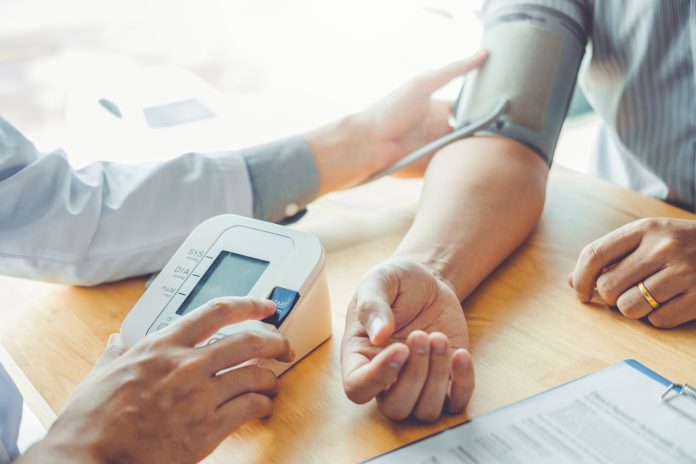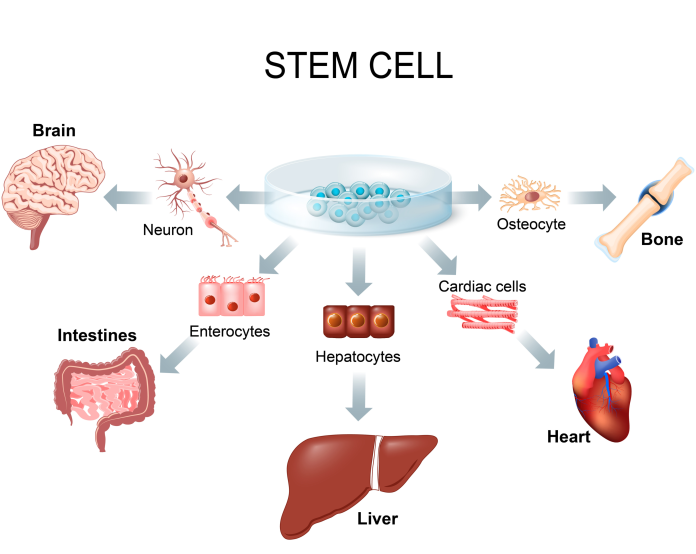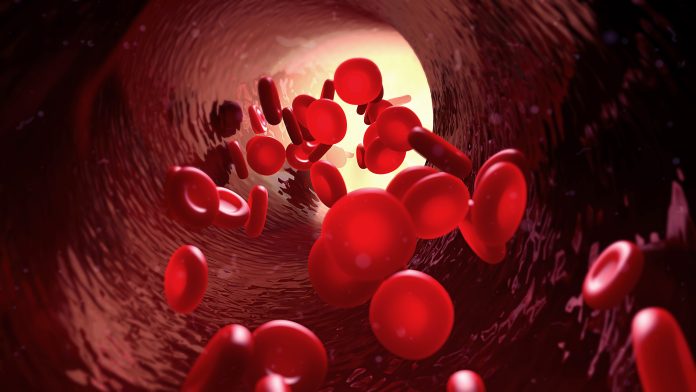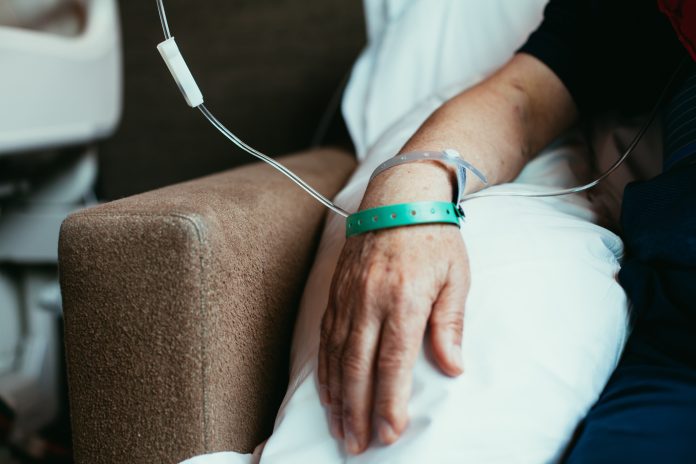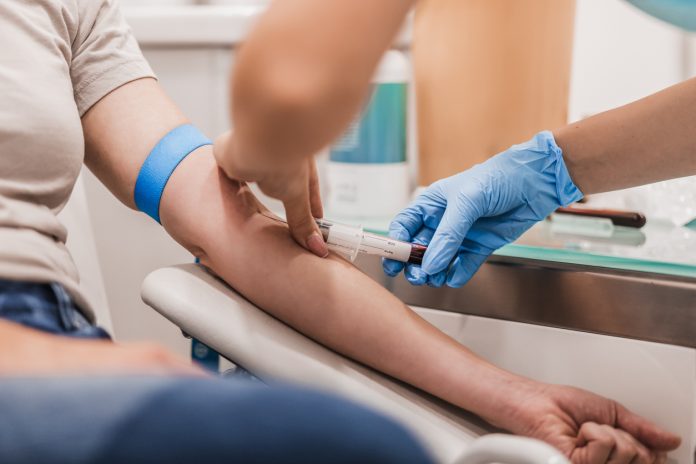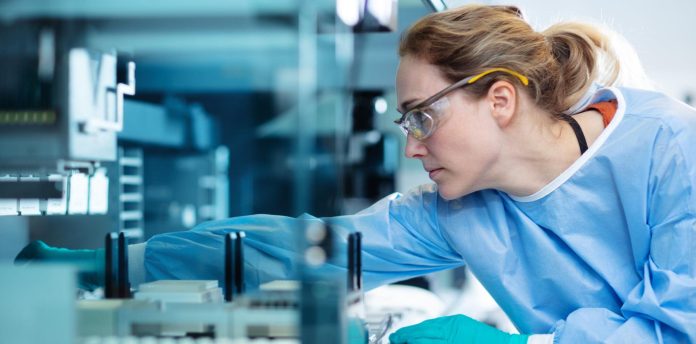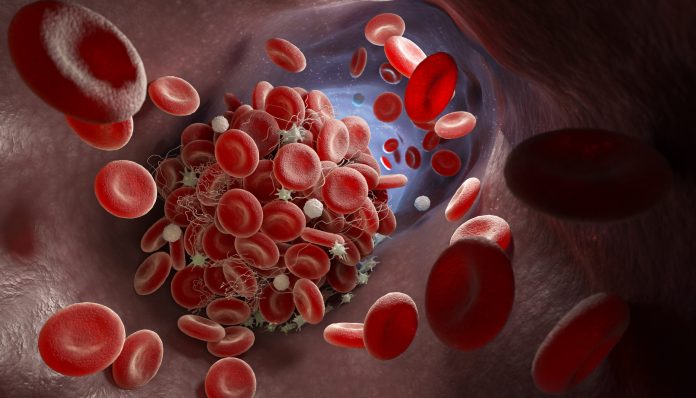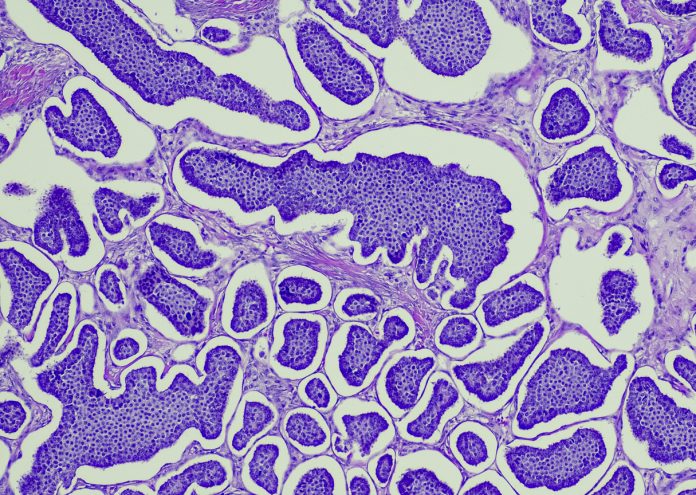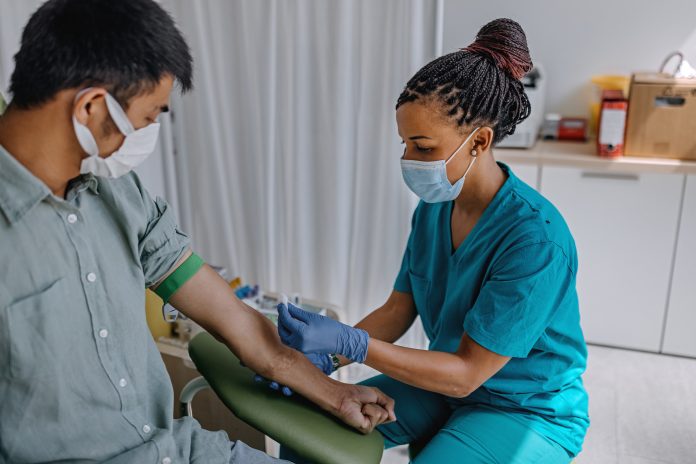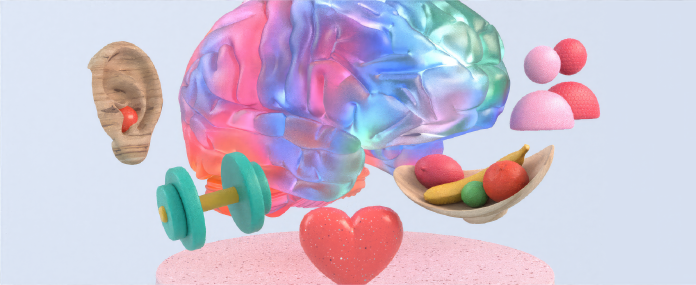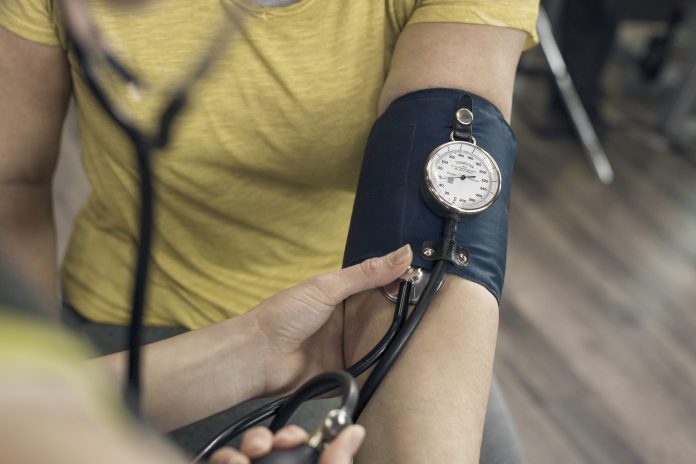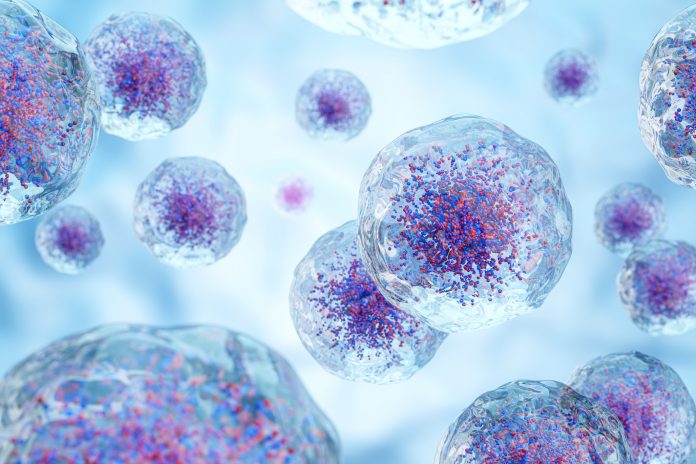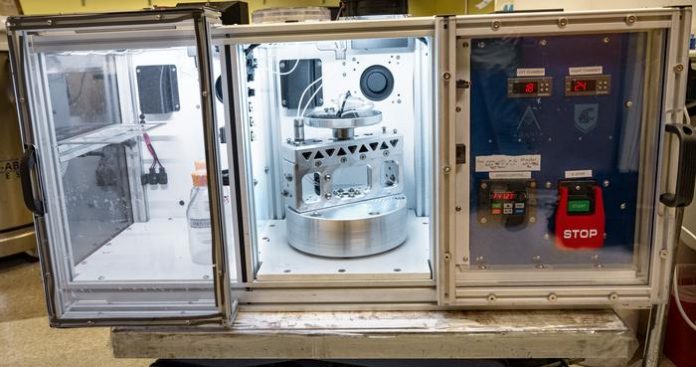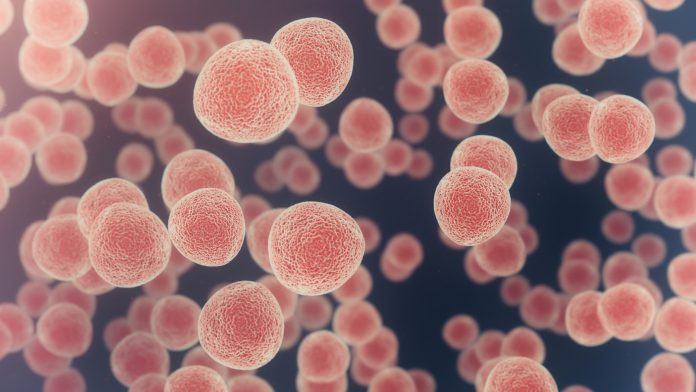Open Access Government produces compelling and informative news, publications, eBooks, and academic research articles for the public and private sector looking at health, diseases & conditions, workplace, research & innovation, digital transformation, government policy, environment, agriculture, energy, transport and more.
Home Search
red blood cell - search results
If you're not happy with the results, please do another search
Why should women over 60 be concerned about high blood pressure?
High blood pressure is one of the most significant risk factors for cardiovascular disease. Dr Deborah Lee of Dr Fox Online Pharmacy explains how women can protect their heart health.
Adipose tissue: A treasure trove of stem cells for regenerative medicine
Adipose tissue, commonly known as fat, has long been considered a mere energy reservoir. However, recent discoveries have revolutionized our understanding of this tissue, placing it at the heart of advances in stem cells and regenerative medicine.
Understanding and predicting the intergenerational transmission of mental illness
The FAMILY consortium aims to improve the lives of mentally ill persons and their families by focusing on understanding the mechanisms of intergenerational transmission of mental illness from parent to child.
Scientists 3D print functional human blood vessels
Scientists at Harvard's Wyss Institute for Biologically Inspired Engineering have made significant strides towards creating lab-grown human organs with functioning blood vessel networks.
Routine blood tests could speed up cancer diagnosis for people with stomach pain or...
A new study led by researchers at University College London (UCL) suggests that routine blood tests could significantly enhance early cancer diagnosis for individuals experiencing stomach pain or bloating.
New markers in blood could predict vision loss risk in glaucoma patients
Researchers from UCL and Moorfields Eye Hospital have identified potential markers in the blood that could change the treatment of glaucoma, a leading cause of irreversible blindness worldwide.
Blood test predicts breast cancer recurrence years in advance
In a significant advancement for breast cancer treatment, a new blood test has shown the ability to predict the recurrence of breast cancer up to three years before tumours become detectable through conventional scans.
T cells successfully fighting cancer
Else Marit Inderberg and Sébastien Wälchli from Oslo University Hospital explore what we need to know about T cells successfully fighting cancer.
Assessing blood clot risk in venous catheter selection for patients with haematological cancers
Venous catheters enable patients with haematological cancers to receive vital chemotherapy. However, there is a risk of thrombosis. Consultant Haematologist Priya Sriskandarajah analysed a group of patients with haematological cancers to study the implications of catheter selection.
Are nanotextures enough to kill cancer cells?
Nanotextures on nanoparticles and implants to kill cancer cells in a more targeted manner may just be the key to tackling resistance to traditional cancer drugs.
Meal replacements: An educational tool for weight reduction in patients with diabetes in rural...
Richard J Santen, Emeritus Professor of Medicine at the University of Virginia, discusses how meal replacements can aid successful weight loss for individuals with diabetes living in rural, underserved communities.
Why giving blood is one of the best things you can ever do?
Ever thought about giving blood? Around 2.5 million litres of blood are transfused annually in the UK, but do we know about giving blood? Is it safe? What happens when you donate? Are there any risks? Here is all the information you need
Dementia prevention: Raising awareness about dementia and risk reduction
We hear from Dr Anthony J. Levinson, who is part of an academic group developing evidence-based online resources to complement dementia prevention strategies and support care partners.
Why are postmenopausal women more at risk of high blood pressure?
It may surprise you to know that 60% of women over the age of 65 have high blood pressure. So why are postmenopausal women more at risk of high blood pressure? Let's find out.
Researchers reveal blood cell traits influence risk of rare blood cancer
Scientists have revealed how common variations in our blood cells can act as unexpected allies to cancer-causing mutations.
Rapid cell production for cancer treatment achieved by new machine
A new method for quickly growing cancer-killing white blood cells can potentially enhance the accessibility of immunotherapy.
Bio-inspired design approaches to artificial blood technology: Oxygen carriers
Allan Doctor, MD, Professor of Pediatrics at the University of Maryland School of Medicine, shares his expertise on bio-inspired design approaches to artificial blood technology: oxygen carriers.
Probing the individuality of cells and molecules
Sotaro Uemura, Professor at the University of Tokyo, probes the individuality of cells and molecules.
CBOTH: Therapeutic development in blood oxygen transport and hemostasis
Oxygen (O2) transport and hemostasis are central to human adaptation to stress/injury and to disease pathobiology.
Can listening to classical music reduce babies’ pain levels?
A new study suggests that playing Mozart's lullaby may reduce pain levels in newborn babies undergoing heel prick blood tests.

